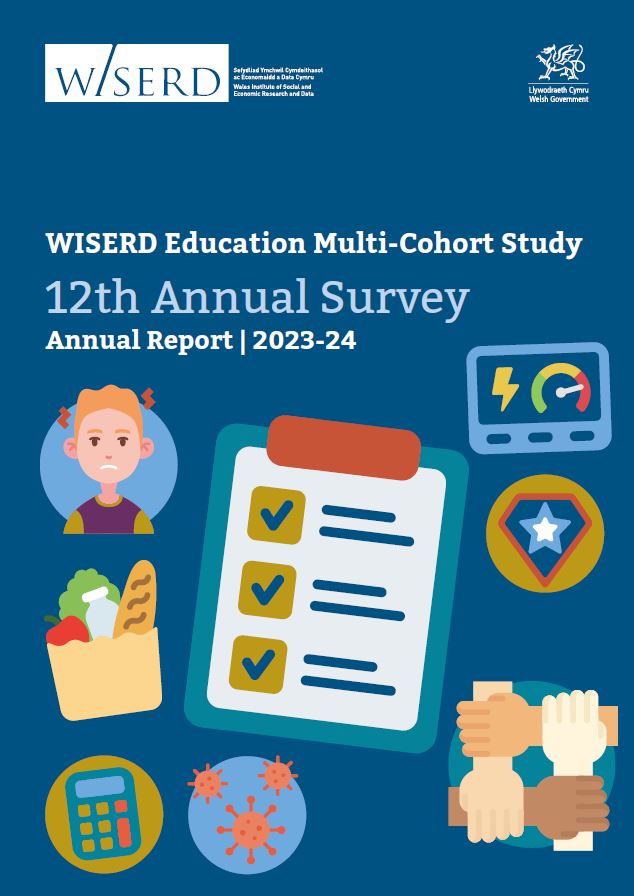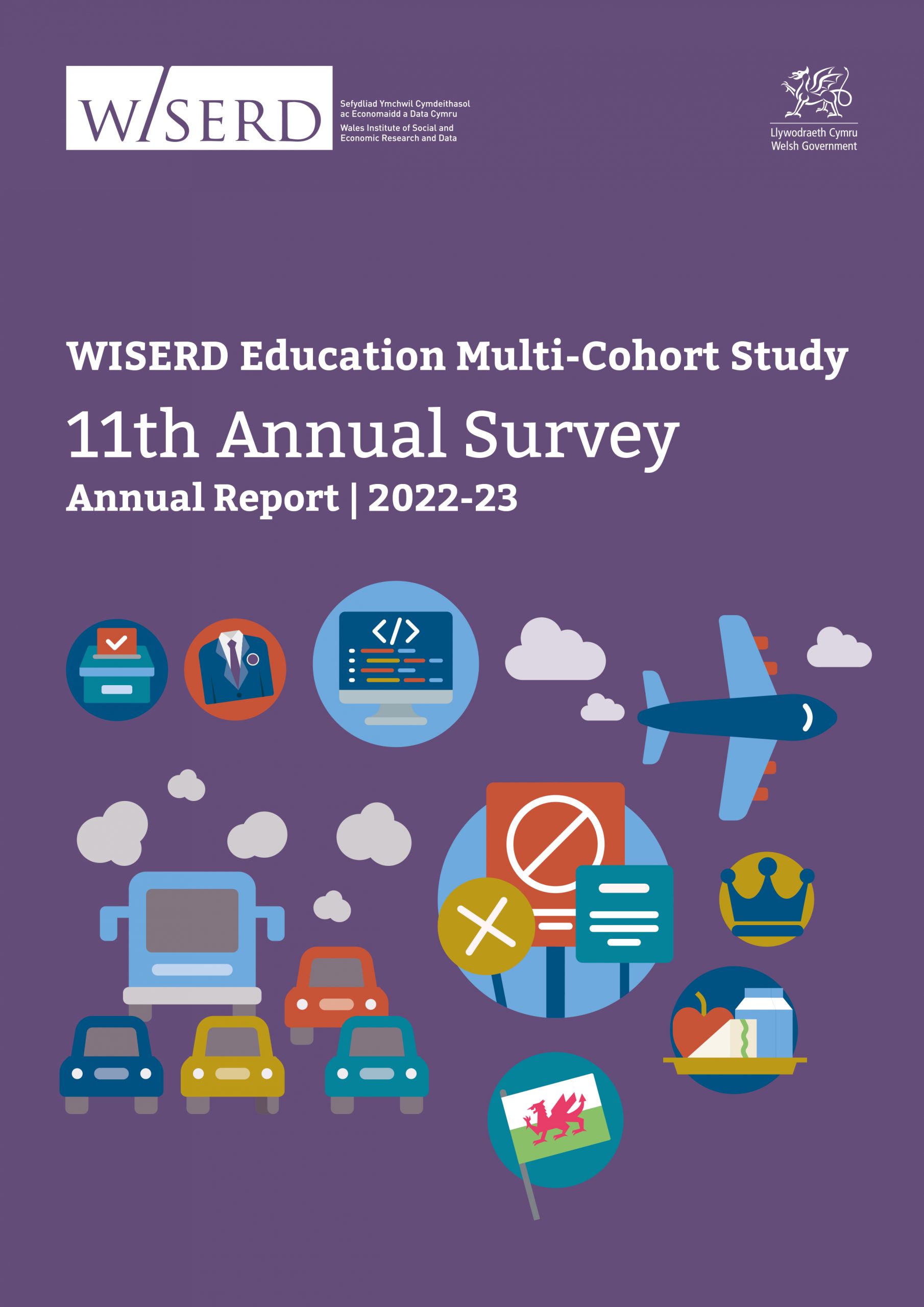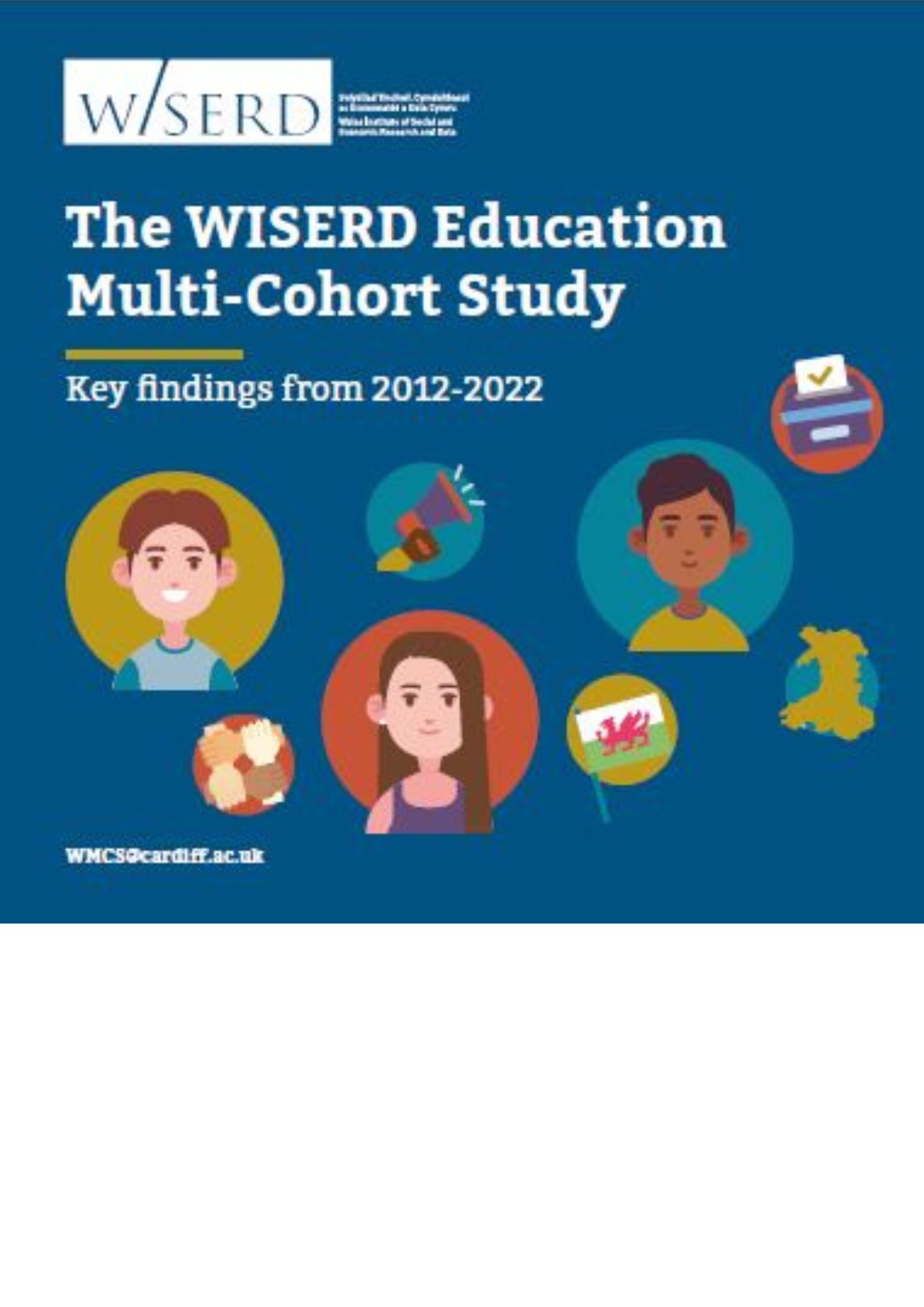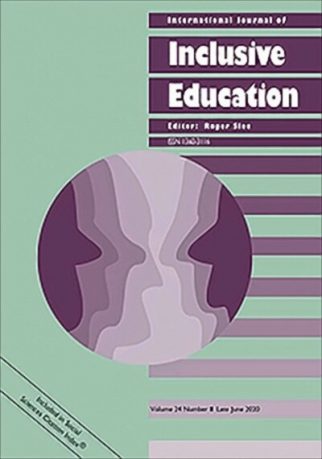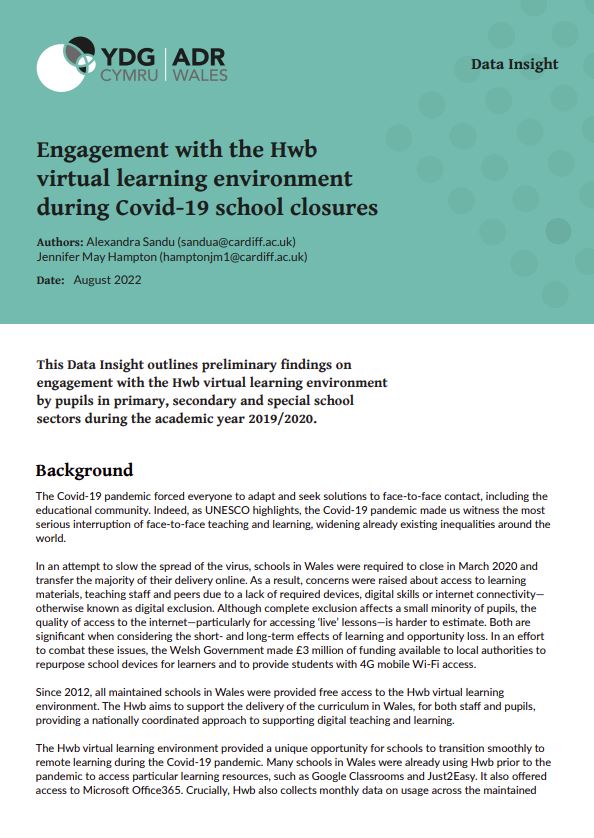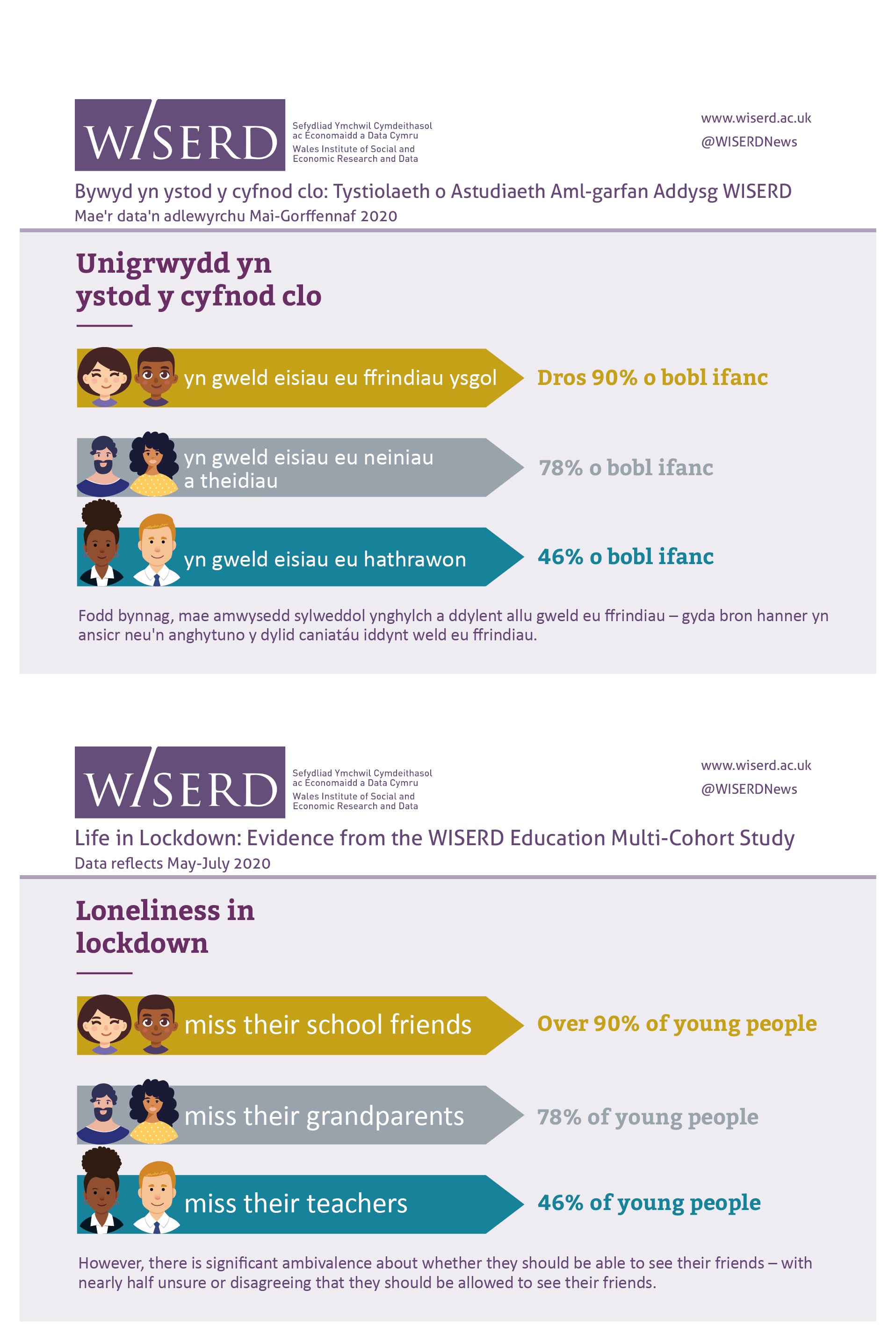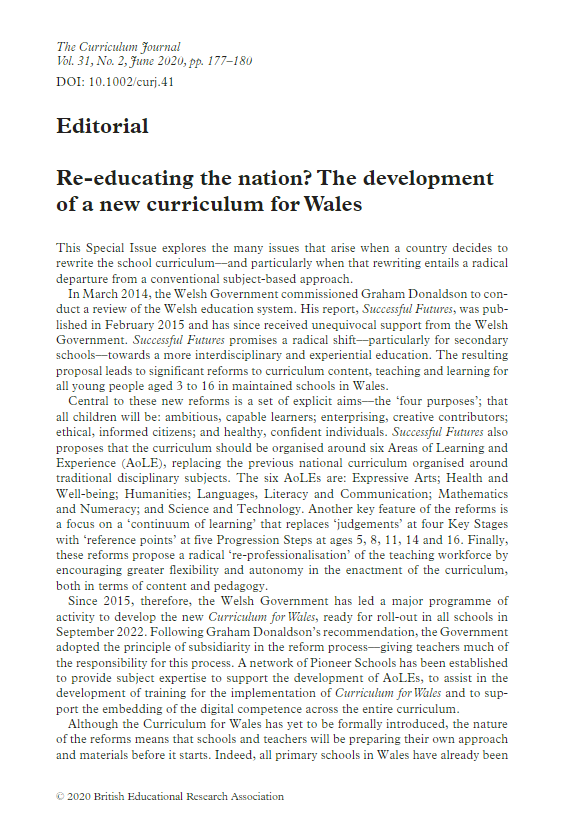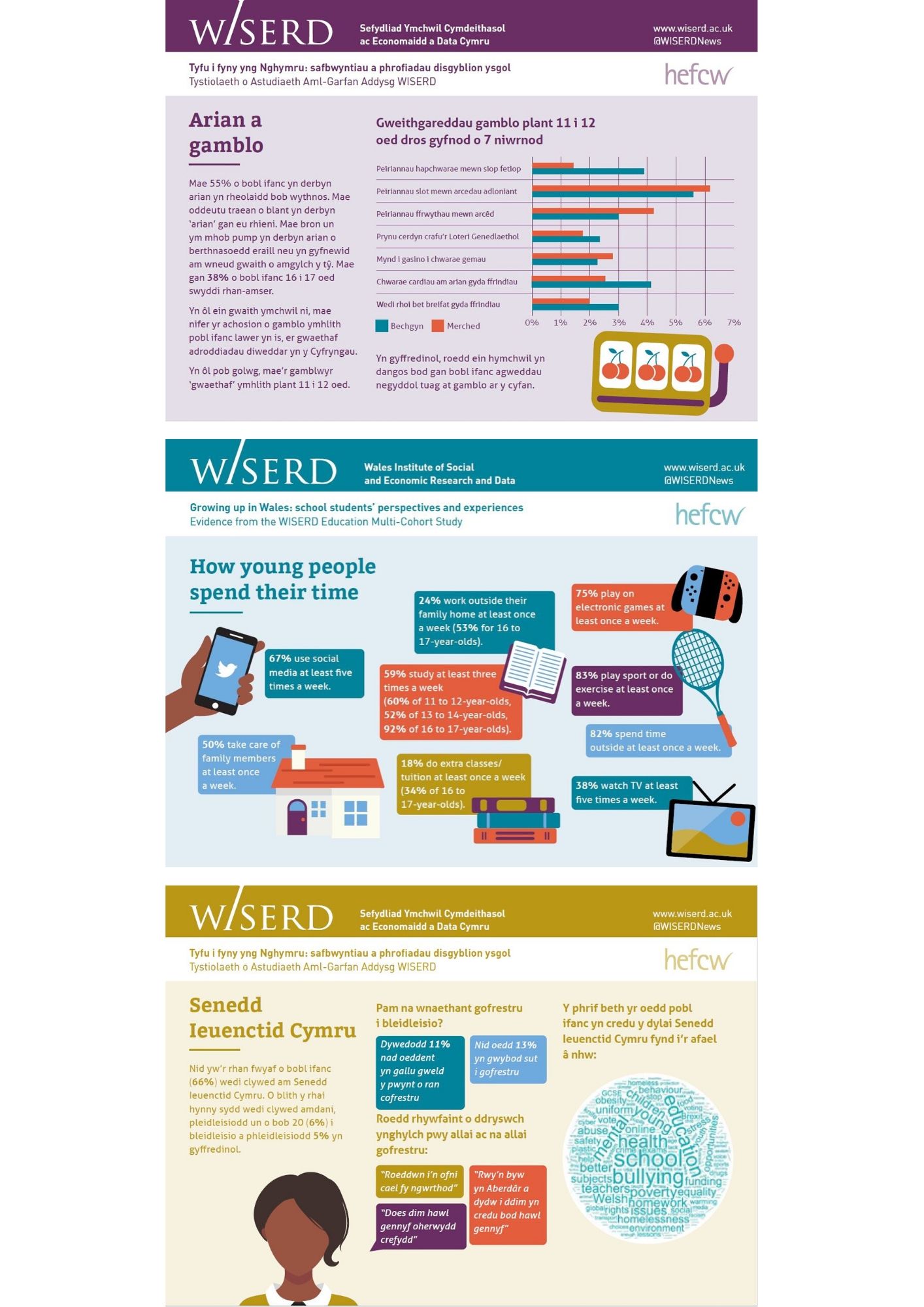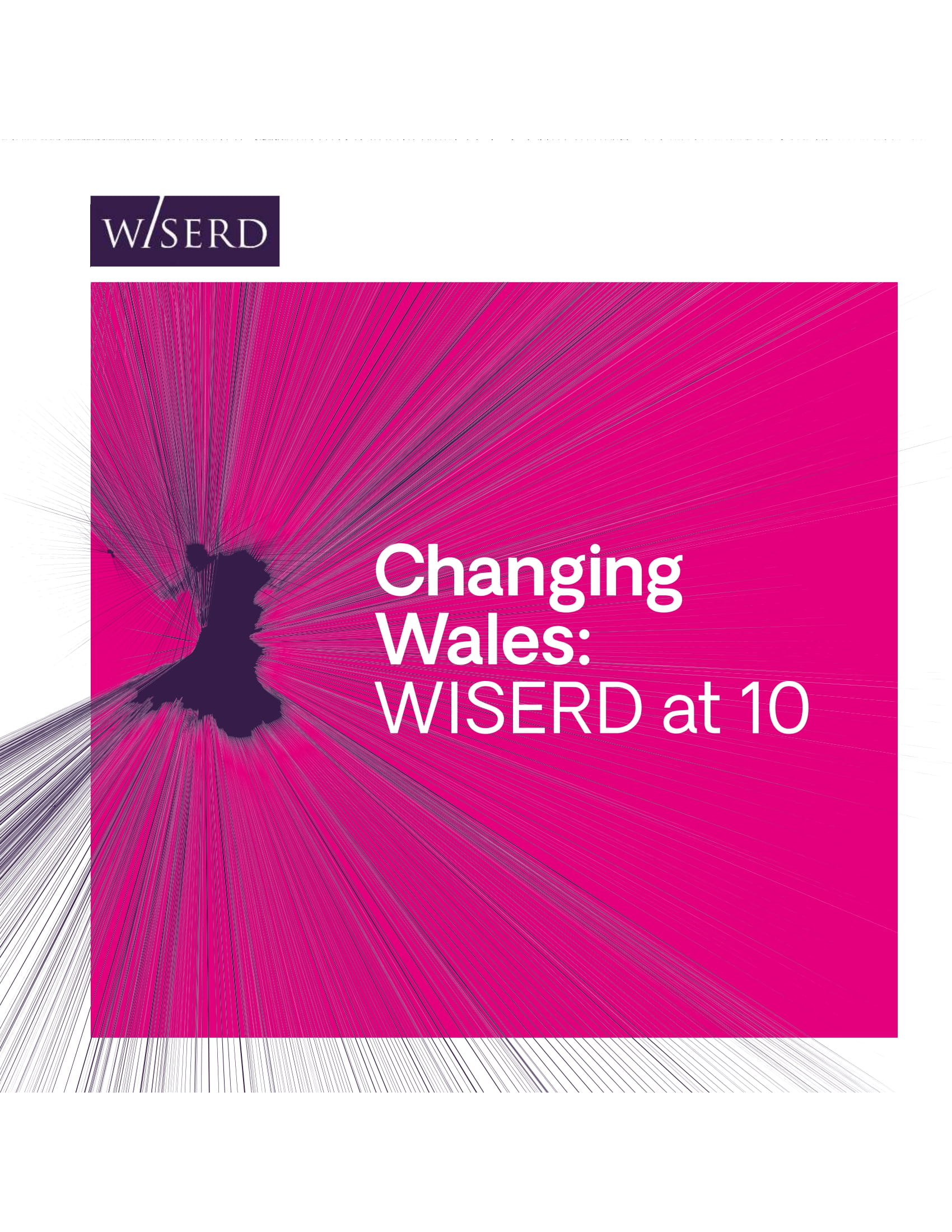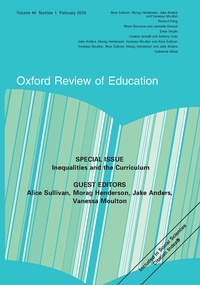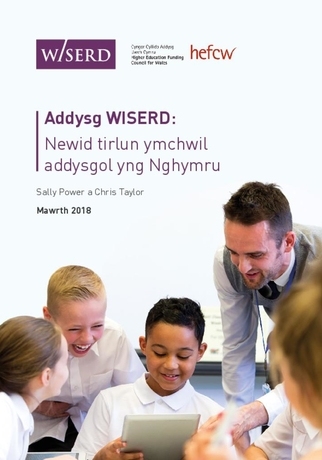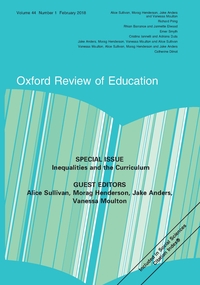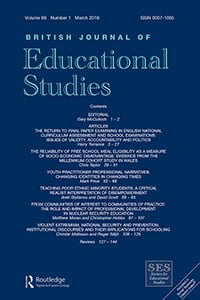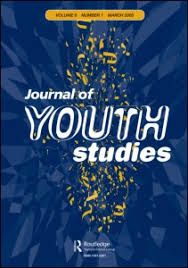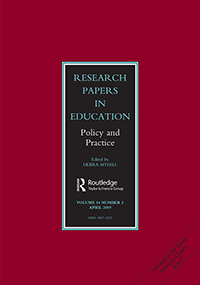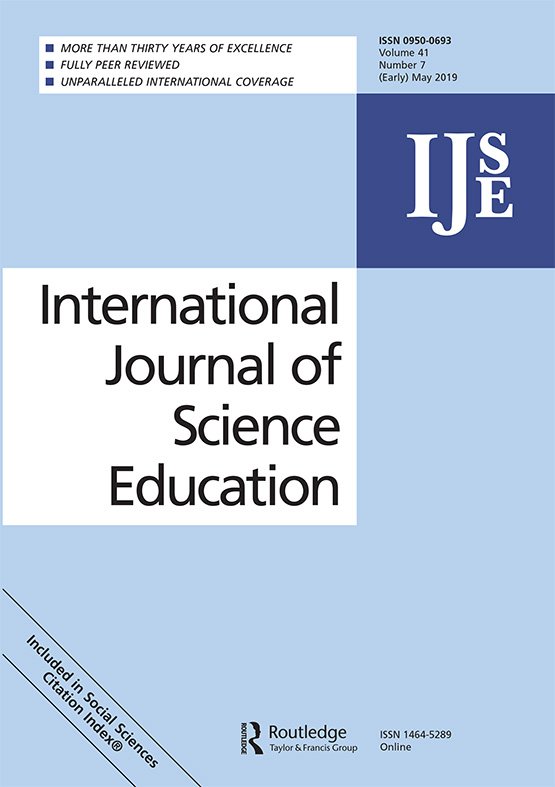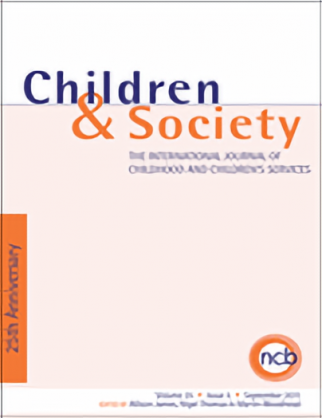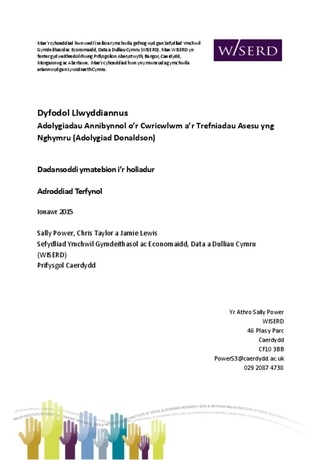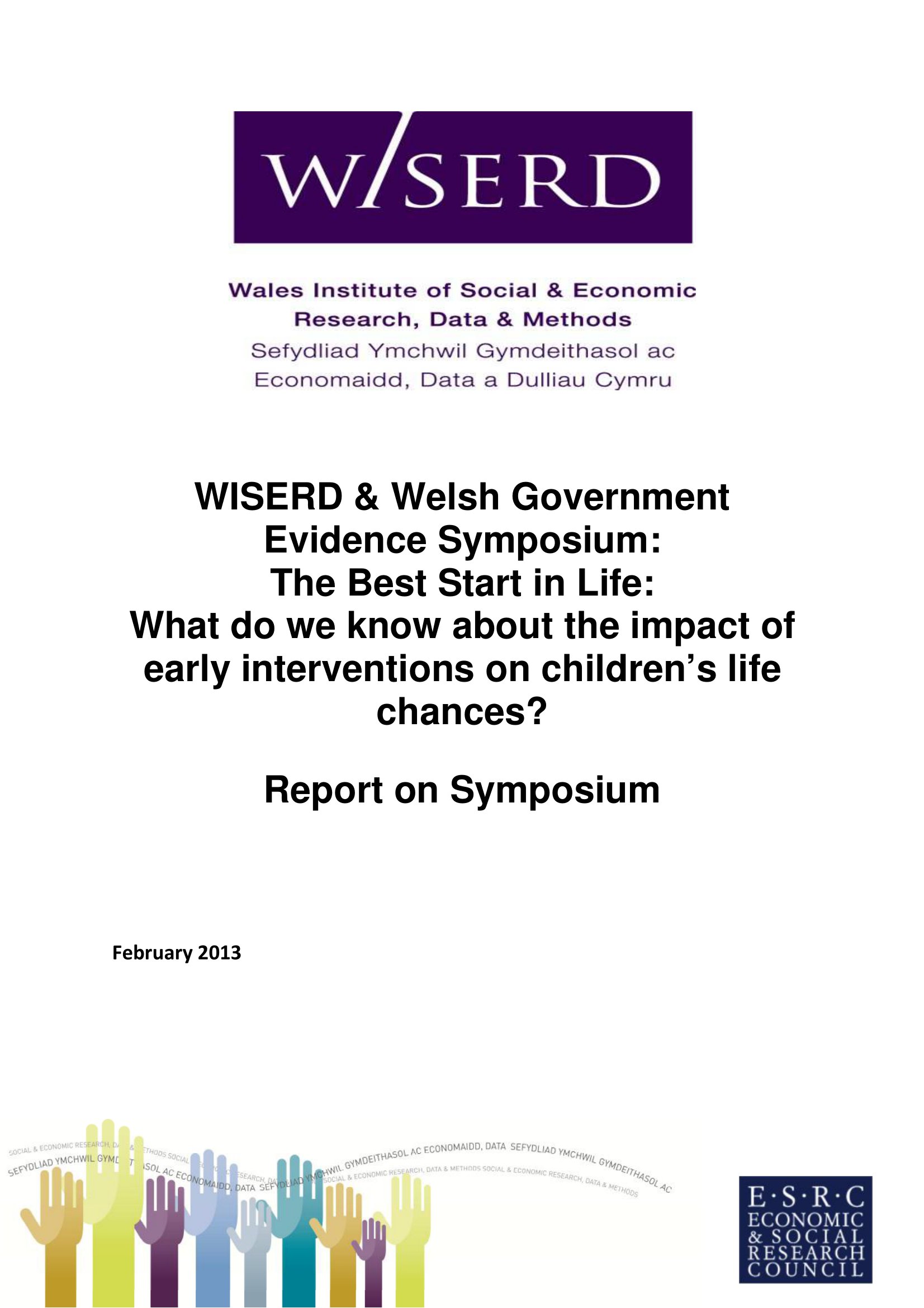Overview
WISERD Education has the potential to change the landscape of education research in Wales and will put Wales at the forefront of research capacity building developments in the UK and beyond. The main aims of the Programme are:
- to enhance the capacity to carry out high quality educational research within the higher education sector in Wales;
- to undertake research activities designed to improve the quality of learning and the standards of teaching and teacher education in Wales;
- to undertake translational activities to augment the research literacy of teacher educators, practitioners, policy-makers and other stakeholders;
- to put in place an infrastructure which will ensure that this capacity and activity can be sustained.
WISERDEducation is configured in terms of four interrelated sets of activities:
1. Building on the investment and expertise already developed within WISERD, Research Infrastructure Enhancement will lay the foundations for a robust and sustainable research future in Wales. This will involve: the improvement of the functionality of existing datasets, through data integration and better access; and the establishment of longitudinal studies of different age cohorts and institutions. These will be based in areas covered by the three collaborative centres of initial teacher education and represent the socio-economic, cultural and geographic diversity of Welsh society.
2. The research infrastructure will generate robust data for a series of Research Projects. We have outlined some indicative projects relating to poverty, progress and professional practice which will be undertaken during the early stages. External funding will be sought for further research projects to ensure sustainability.
3. The research projects will be a principal mechanism for Researcher Capacity Building across Wales through providing opportunities for postgraduate researchers within the ESRC Wales Doctoral Training Centre and enabling less experienced researchers to undertake research alongside those with greater experience and expertise.
4. The Programme will additionally facilitate a range of Translational Activities which will increase the research literacy of educational practitioners, policy-makers and university staff engaged in initial and continuing teacher education who are not ‘research active’ (in terms, for example, of the REF2014).
Directory of Expertise
A directory of expertise relating to the field of education has been created by the WISERDEducation project. Please use the search box below to find experts in specific areas.
$(document).ready(function() { $(‘#datatables’).dataTable(); })
A directory of expertise relating to the field of education has been created by the WISERDEducation project. Please use the search box below to find experts in specific areas.
| Name and Institution | Email Address | Areas of Expertise |
|---|---|---|
| Gail Parker
University of Wales Trinity Saint David |
gail.parker@uwtsd.ac.uk | Foundation Phase, Outdoor Learning, Well Being Within The Early Years, Experiential Learning, Early Years Provision, Foundation Phase Pedagogy |
| Subhi Ashour
Open University in Wales |
subashour@gmail.com | Action Research, Qualitative Research, Interviewing, Qualitative Data Analysis Literature Review, Case Study, Interviewing, Document Analysis, Ethnography |
| Dr Manuel Souto-Otero
Cardiff University |
Souto-OteroM@cardiff.ac.uk | Education Policy and Policy Evaluation, European Education Policy, Education and Work, Higher Education, Sociology of Education, Comparative Methods, Case Studies, Surveys, Statistical Analysis, Ex-ante; Interim and Ex-post Evaluation |
| Dr Jane Dorrian
Cardiff Metropolitan University |
jdorrian@cardiffmet.ac.uk | Early Years Education, Early Years Education Policy, Early Years Education Practice |
| Amanda Thomas
University of South Wales |
amanda.thomas@southwales.ac.uk | Early Years, Schematic Behaviours, Play, Mixed Methods, Action Research, Case Studies, Observations |
| Dr Susan Jones
Bangor University |
s.w.jones@bangor.ac.uk | Scientific Literacy, Numeracy and Science, How Student Teachers Learn, Dyslexia, Science Education, Action Research, Questonnaires, Semi-structred Interviews |
| Jessica Clapham
Bangor University |
eds075@bangor.ac.uk | Linguistics, Bilingualism, Education, Intercultural Awareness, ESL, Qualitative Research, Qualitative Interviewing, Narrative Inquiry, Case Study, Critical Discourse Analysis |
| Dr Howard Tanner
University of Wales Trinity Saint David |
howard.tanner@uwtsd.ac.uk | Mathematics Education, Assessment For Learning, Numeracy, Dialogic Approaches, Thinking Skills and Metacognition, Action Research, Quantitive Methodology, Qualitative Methodology, Case Study, Video-stimulated Reflective Dialogue |
| Peredur Williams
Bangor University |
i.p.williams@bangor.ac.uk | Design, Design and Technology, Creativity |
| Prof Sally Power
Cardiff University |
powers3@cf.ac.uk | Sociology of Education, Education Policy, Higher Education, Social Inequalities and Education Interviewing, Questionnaire Design, Qualitative Longitudinal Research |
| Mair Lloyd
Open University in Wales |
mair.classics@gmail.com | Latin Pedagogy, Language Learning Theories Mixed Methods, Autoethnography, Participant Observer, Statistical Analysis |
| Dr Peter Hemming
Cardiff University |
HemmingPJ@cardiff.ac.uk | Faith Schools, Religion and Education, Children and Religion, Citizenship Education Ethnography, Qualitative Interviews, Child-centred Methodologies |
| Dr Karen McInnes
University of South Wales |
karen.mcinnes@southwales.ac.uk | Early Years Education, Play and Playfulness, Play Therapy and Therapeutic Play, Qualitative |
| Dr Carmel Conn
University of South Wales |
carmel.conn@southwales.ac.uk | Autism, Inclusive Education, Special Educational Needs and Disability, Play, Socialisation, Research with Children, Participatory Research, Ethnography, Disability Research, Conversation Analysis |
| Junnine Thomas-Walters
University of Wales Trinity Saint David |
junnine.thomas-walters@uwtsd.ac.uk | Early Years Play, Mentoring and Coaching, Additional Learning Needs, Teaching and Learning Early Years Play |
| Graham French
Bangor University |
g.k.french@bangor.ac.uk | Outdoor Education |
| Dr Yvonne Barnes
Cardiff University |
barnesy1@cardiff.ac.uk | Teacher CPD, Primary Edu and Pedagogy, Primary Mathematics, Early Years Mathematics Teacher Inquiry, Qualitative Methods |
| Kathy Evans
University of South Wales |
Kathy.Evans@southwales.ac.uk | Special Education, Social and Emotional Learning, Looked After Children, Gender Violence Comparative European Research, Evaluations, Participatory Research |
| Alison Murphy
University of South Wales |
alison.murphy@southwales.ac.uk | Early Years Education and Practice, Children’s National Identity, Children’s Perceptions of Welsh National Identity, Multimodal Research, Child Centred Research Methods |
| Dr Nicola Birdsey
University of South Wales |
nicola.birdsey@southwales.ac.uk | Socio-cultural Appraoch to Learning, Play Mixed-methods, Quantitative Research, Qualitative Research (Interviewing and Thematic Analysis) |
| Dr Caroline Lohmann-Hancock
University of Wales Trinity Saint David |
c.lohmann-hancock@uwtsd.ac.uk | Education, Offender Learning, Meritocracy, Agency, Exclusion, Particapitory Research, Visual Analysis, Qualitative, Ethnography |
| Prof Alan Felstead
Cardiff University |
alanfelstead@cf.ac.uk | Skills, Training, Learning, Job Quality Survey Design, Secondary Data Analysis, Case Study Research |
| Dr Jacky Tyrie
Cardiff Metropolitan University |
jtyrie@cardiffmet.ac.uk | Children’s Rights, Childrens Gender Equality, Early Years, Mixed Methods, Research with Young Children, Focus Groups |
| Dr Jane Waters
University of Wales Trinity Saint David |
jane.waters@uwtsd.ac.uk | Early Years Education, Foundation Phase, Early Years Pedagogy, Adult-child Interaction (education) Qualitative Socio-cultural, Analysis of Educative Interaction, Thematic Analysis, Socio-constructivist Grounded Theory, Analysis of Audio and Video Data |
| Rhiannon Packer
University of South Wales |
rhiannon.packer@decymru.ac.uk | Bilingualism, SpLD/Dyslexia |
| Amanda Kelland
University of South Wales |
amanda.kelland@southwales.ac.uk | Dyslexia, Specific Learning Difficulties, Assessment, SEN Psychometric Assessment, Profiling |
| Dr Mahruf Shohel
Aberystwyth University |
mcs11@aber.ac.uk | Technology in Education, International Development, School Transition, Nonformal Education, Teachers’ Professional Development, Mixed Methods, Qualitative Methods, Visual Methods, Case Study, Ethnography |
| Dr Buddug Angharad Hughes
Aberystwyth University |
bah6@aber.ac.uk | Language Planning and Policy in Education , Welsh Medium Education, Bilingualism, Literacy Practices Linguistic Ethnography |
| Dr Anne-Marie Smith
Bangor University |
amsmith@bangor.ac.uk | Concepts of Childhood, Children’s Rights (political/ Participation), Pedagogy of Childhood Studies, Ethnography, Qualitative Research, International Fieldwork, Reflexivity in Research |
| Prof Enlli Thomas
Bangor University |
enlli.thomas@bangor.ac.uk | Psycholinguistic Approaches to Language Acquisition (morphology, Syntax and Vocabulary), Bilingualism, Bilingualism in Education, Bilingual Assessment, SES, Literacy, Executive Function and Bilingualism, Quantitative, Qualitative, Mixed Methods, Exerimental, Psychometric |
| Prof Chris Taylor
Cardiff University |
taylorcm@cardiff.ac.uk | Geography of Education, Higher Education Participation, Education Organisation and Provision, Policy Evaluation, Child Development, Longitudinal Data Analysis, Secondary Data Sets, Mixed Methods Research, Surveys, Interviews |
| Dr Dean Stroud
Cardiff University |
stroudda1@cardiff.ac.uk | Workplace Learning, Vocational Education and Training, Skills Policy, Trade Unions, Comparative Political Economy, Qualitative, Interviewing, Use of Interpreters and Translators |
| Dr Alison Bullock
Cardiff University |
bullockad@cardiff.ac.uk | Medical Education, Dental Education, Education of Healthcare Professionals, Knowledge Mobilisation Case Studies, Realist Approaches, Mixed Methods |
| Prof Janet Laugharne
Cardiff Metropolitan University |
jlaugharne@cardiffmet.ac.uk | Teacher Education, Literacy Education, Welsh and Bilingualism, Narrative As a Methodological Tool, Text-based Analysis, Connected to Literary Criticism |
| Dr Judith Kneen
Cardiff Metropolitan University |
jkneen@cardiffmet.ac.uk | ICT in English Teaching, Reciprocal Peer Teaching in Initial Teacher Education, Problem-based Learning in Initial Teacher Education, Systematic Classroom Observation |
| Dr Kevin Smith
Cardiff University |
smithk26@cardiff.ac.uk | Curriculum Theory, Curriculum Development, Teacher Professeional Development, Teacher Education, Educational Leadership, Ethnography, Critical Discourse Analysis, Narrative Methods, Case Studies |
| Prof Emma Renold
Cardiff University |
renold@cf.ac.uk | Sexual and Gender-based Bullying and Violence, Sex and Relationships Education, Feminism in Schools and Youth Groups, LGBTQ+ and Young People, Social Justice and Young Activism, Creative Methods, Affective Methods, Ethnography, Participatory Methods, Visual Methods |
| David Thomas
Glyndwr University |
d.thomas@glyndwr.ac.uk | Additional Learning Needs, Supporting Challenging Behaviour, SPLD/Dyslexia, Teaching Assistants |
| Dr Glenda Tinney
University of Wales Trinity Saint David |
g.tinney@uwtsd.ac.uk | ESDGC, Widening Access and Flexible Provision, Outdoor Learning |
| Jo Bowers
Cardiff Metropolitan University |
jbowers@cardiffmet.ac.uk | Literacy in Primary Education, Children’s Literature, Philosophy For Children, Thinking Skills Case Study, Action Research |
| Dr Richard Davies
Aberystwyth University |
Rid11@aber.ac.uk | Online Learning, Elective Home Education, Informal Education, Continuing Professional Development, Work-based Learning, Philosophy of Education |
| Clare Lee
Open University in Wales |
clare.lee@open.ac.uk | Pedagogy, Assessment For Learning, Mathematics Education, Mathematics Resilience, Learning Theory, Action Research, Phenononology, Discource Analysis |
| Catherine Morgan
University of Wales Trinity Saint David |
c.morgan@uwtsd.ac.uk | Teacher Education, Teacher Education: Music, Teacher Education; Welsh Second Language, Teacher Education |
| Prof Jonathan Rix
Open University in Wales |
jonathan.rix@open.ac.uk | Inclusive Education, Special Education, Pedagogy, Participatory Research, Systematic Reviews, Qualitative Approaches |
| Martin Barclay
Cardiff Metropolitan University |
mbarclay@cardiffmet.ac.uk | Post Compulsory Education and Training, Post Compulsory Curriculum Studies, Post Compulsory Education Management, Qualitative Studies, Case Study, Historical Studies |
| Dr Gill Jones
Cardiff Metropolitan University |
GLJones@cardiffmet.ac.uk | Enterprise in HE, Leadership and Management of Enterprise Initiatives in HE, Enterprise Education, Qualitative Data Collection, Bilingual Data Collection |
| Dr Ceryn Evans
Cardiff University |
evansc15@cardiff.ac.uk | Higher Education, Young People, Widening Participation, Social Class Qualitative Interviewing, Focus Groups |
Study Design
WISERDEducation has two main research dimensions:
- Cohort studies
- Data integration
In undertaking this research, we want to involve researchers across Wales.
The cohort studies
In 2012, we identified over twenty primary and secondary schools which were happy to participate in WISERDEducation by allowing us to follow the progress of a class of children over the next three years. These schools represent the broad diversity of schools in Wales. They are located across Wales – in rural and urban areas, they include Welsh-medium, English-medium and dual language stream schools.
In 2012 we surveyed:
- 345 Year 6 pupils in 16 primary schools
- 412 Year 8 pupils in 13 secondary schools, and
- 436 Year 10 pupils in these same secondary schools
In 2013 and 2014 we will revisit each of these students to follow their progress. In 2013, we will also seek to survey:
- 300 Year 2 pupils in xx primary schools
In our surveys, we are keen to gather data on the child’s experience of school. In addition, we are in the process of surveying their parents and carers, to find out parents’ perceptions of their child’s school and education in general.
In 2013, we will also have completed interviews with the headteachers and governors of these 29 schools. A teacher survey will also give us the professionals’ perspective on the strengths and weaknesses of working in Wales.
Data integration
In addition to gathering new data from pupils, parents and professionals, we are keen to ensure that we make the best use of already existing data. We are therefore in the process of seeking parental permission to link nationally held data about the child’s progress to our surveys. We hope to extend this data integration to a range of other secondary data.
Involving researchers across Wales
The data from the cohort studies and other datasets provides a fantastic resourcefor other researchers across Wales to explore a whole range of important educational issues. In order to maximise the use of this resource, we regularly engage in:
- Visits to education departments in Welsh universities to showcase the research and engage the teacher education community
- Invite education researchers to take up WISERDEducation placements to undertake their own analyses using the data.
Information for Participants
Welcome to the WISERD Education website.
This page contains all the information you’ll need to learn more about WISERD Education. You can see some preliminary results from our study, take part in some quick interactive surveys and you can use our forums to post any comments about our study.
Don’t forget to follow us on Twitter! @WISERDEducation
Confidentiality and Data Protection
Each pupil has a unique ID number, and pupil names are removed from our databases once these ID numbers have been assigned. Parents are given the same ID number as their child, so that we can link the information of parent-child pairs. These IDs secure the confidentiality of participants’ identity. In addition, all of our study schools are given code names so that they cannot be identified. All the information that staff, pupils, and parents provide will be stored on a secure server. No one outside of the research team will be able to access any of the information.
Summary
WISERDEducation is a £1m project following 1,200 pupils aged 5-17 years as they progress through their education.
WISERDEducation is designed to strengthen educational research in Wales. Funded by the Higher Education Funding Council for Wales (HEFCW), WISERDEducation aims to:
- Increase Wales’ capacity to carry out high quality educational research
- Improve the quality of learning and the standards of teaching and teacher education in Wales
Why do we need WISERD Education?
Over the last 15 years, the Welsh Government has developed an ambitious reform agenda that is placing learning at the centre of social and economic wellbeing. However, while the reform agenda has been backed by substantial commitment from the education community, there is as yet little evidence to suggest that this commitment has been translated into improved educational experiences and outcomes for learners in Wales. Indeed, recent analyses (such as PISA) have suggested that the Welsh education system continues to face significant challenges.
In recent years, this ‘small and clever country’ has seen a significant decline in the volume and quality of education research activity taking place within the education departments of its universities. This decrease in education research activity may create difficulties for Wales in the future. We know that sound policies need to be based on sound evidence. WISERDEducation will help build that evidence base.




